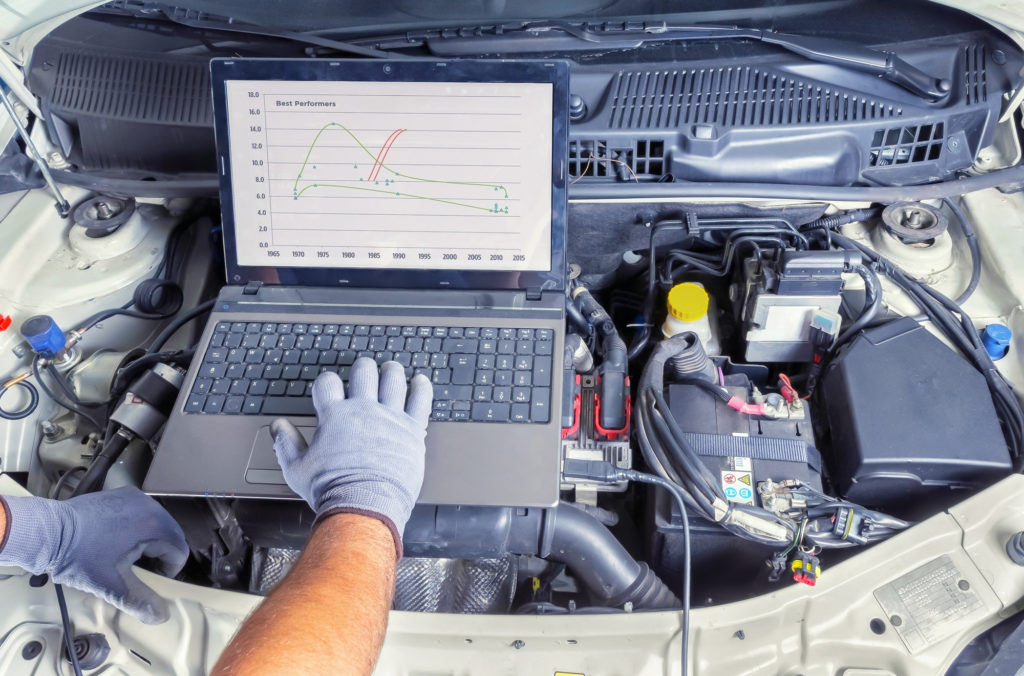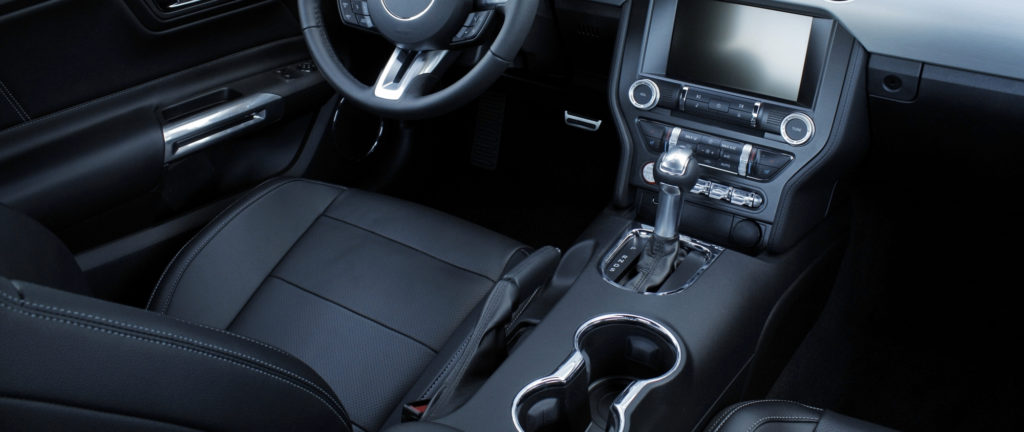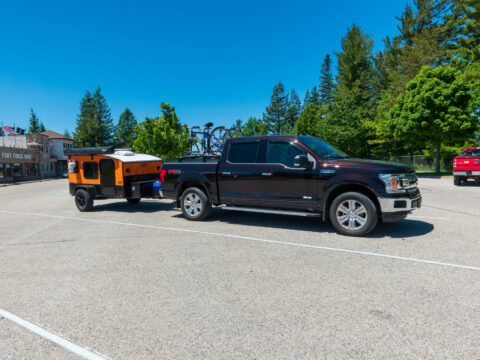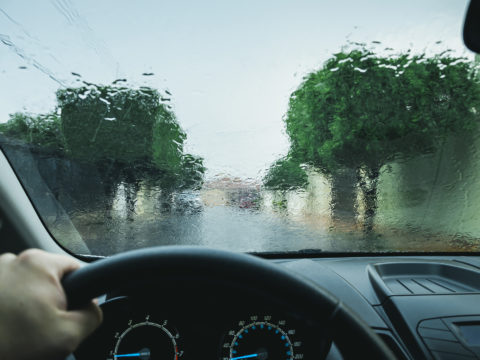It’s a situation that every car owner dreads… you start to notice a strange spluttering and hissing sound as you drive. You can’t help but envisage the worst- a costly repair, or worse, a breakdown.
You mustn’t ignore the problem. Addressing the issue early allows you to get ahead and fix it before it becomes major.

Car chugging- also known as juddering or stuttering- describes the spluttering sound and motion that your car can make as it loses power. It may feel like a jerking or vibrating motion.
Though a noise accompanies the shuddery movement, it’s the sudden motion that makes a chugging vehicle unmistakable.
Contents
What Does It Mean When Your Car Starts Chugging?
Chugging indicates insufficiency of air, fuel, or spark during the combustion process that makes a car run. This causes the vehicle to lose power.
While it can signal a serious issue, chugging has an easy fix in many cases. You can read more information about car noise fixes.
What Would Cause A Car To Chug?
If you’re experiencing engine chugging, there is a range of potential culprits, from a blocked exhaust system to worn-out spark plugs.
A close inspection is required to determine the cause of the problem.
Car chugging in idle
If your car is chugging when idle, a faulty spark plug or a grime build-up is likely responsible. Both damaged spark plugs and dirty fuel injectors can lead to fuel being burned inconsistently- which explains your car’s shaking and inconsistent RPM (engine revolutions per minute).
Check out this guide to see why your car may be idling so poorly.
Car chugging when starting
Though there are lots of potential explanations, chugging when you start up your car often indicates a failing fuel injector (meaning your engine isn’t getting the fuel it requires).
Start-up chugging can also be due to a bad crank position sensor.
Car chugging when accelerating
If your car is accelerating sluggishly, there are two common reasons: a faulty sensor or a malfunctioning fuel pump. If your fuel filter becomes clogged with dirt or grime, the engine cannot get the fuel required to run, which compromises your acceleration.
Car chugging when braking
Car chugging when braking- also known as brake shudder- is usually down to brake disc issues.
Brake shudder is caused when brake discs wear unevenly (known as Disc Thickness Variation, or DTV). When these uneven brake pads come up against the rotor’s flat spots, they cause a vibration that causes the car to shudder when braking.
Car chugging when changing gear
Chugging when shifting gear indicates a transmission problem- as it’s the transmission’s job to ensure smooth gear shifts.
If your car is automatic, you’ve likely got a maintenance problem. Your car may have a low fluid level or may need a transmission fluid change.
Car chugging when slowing down
Chugging while your car is slowing is caused by an imbalance of air and fuel provided to the engine. This imbalance can be caused by a faulty mass airflow sensor.
A failure of your Throttle Position Sensor can also cause a jerk while slowing down.
For more reasons that your car is chugging and jerking while you’re decreasing your speed, check out this handy page.
Car chugging in low revs
If your car experiences chugging when driving at a low speed, the culprit could be any of the issues outlined above.
If your engine mounts (which hold your engine tight to the chassis) are faulty, you’ll experience vibration at low power
Car chugging when cold
It’s common knowledge that cold weather can make it difficult to start your car, as freezing temperatures can affect your battery and thicken the fluids inside your vehicle.
If your car is chugging when it gets cold, there is a problem beyond the usual effects of cold weather. You may have a fault with your fuel pump, fuel filter, or Throttle Position Sensor.

How To Fix Car Chugging Problems
Determine the cause of the problem
Before a repair can be carried out, a diagnosis of the issue is necessary.
If you’re very knowledgeable about mechanics, you may want to conduct a preliminary check yourself. This could include checking parts of the fuel system and removing and inspecting the EGR valve.
If you don’t know the difference between your fuel tank and your catalytic converter, you’re best leaving it to the professionals. Book your car in for an inspection with a trusted local mechanic. Diagnostic equipment may be used to digitally scan your vehicle for error codes.
Conduct a home repair
In some cases, expert car owners will opt to repair at home. This may entail replacing a clogged air filter or dissolving fuel tank water into the gasoline with an anti-moisture liquid.
Seek expert help
Once the problem has been identified, most vehicles will require a professional repair.
Some fixes will be as simple as changing a clogged air filter, while cars with a more serious problem will require more complex work, like a fuel pump or catalytic converter replacement.
Preventative measures
Once professionals have tackled your car’s chugging problem, you can prevent further engine issues down the line with simple preventative measures.
To maintain optimal car performance, engine maintenance is key. You should:
- Change your engine oil regularly. Low oil can affect engine performance, reducing fuel economy and making stalling a regular occurrence.
- Avoid running your tank down to the red, and running on empty risks sediment from your gas tank getting through the filter, resulting in a strain on your engine.
- Replace your air and fuel filters. When you notice the effects of a blocked fuel or air filter, conduct a replacement before a problem develops.
- Keep an eye on your coolant level. Ensuring the optimum amount of coolant will keep your engine’s cooling system running smoothly.
- Check your engine belt. Looking out for the early signs of wear-and-tear will help to avoid excessive deterioration and long-term engine damage.














